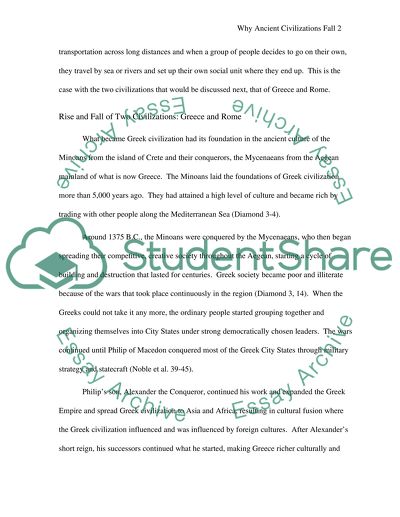Cite this document
(“Why Ancient Civilizations Fall. Rise and Fall of Two Civilizations: Essay”, n.d.)
Retrieved from https://studentshare.org/miscellaneous/1516173-why-ancient-civilizations-fall
Retrieved from https://studentshare.org/miscellaneous/1516173-why-ancient-civilizations-fall
(Why Ancient Civilizations Fall. Rise and Fall of Two Civilizations: Essay)
https://studentshare.org/miscellaneous/1516173-why-ancient-civilizations-fall.
https://studentshare.org/miscellaneous/1516173-why-ancient-civilizations-fall.
“Why Ancient Civilizations Fall. Rise and Fall of Two Civilizations: Essay”, n.d. https://studentshare.org/miscellaneous/1516173-why-ancient-civilizations-fall.


